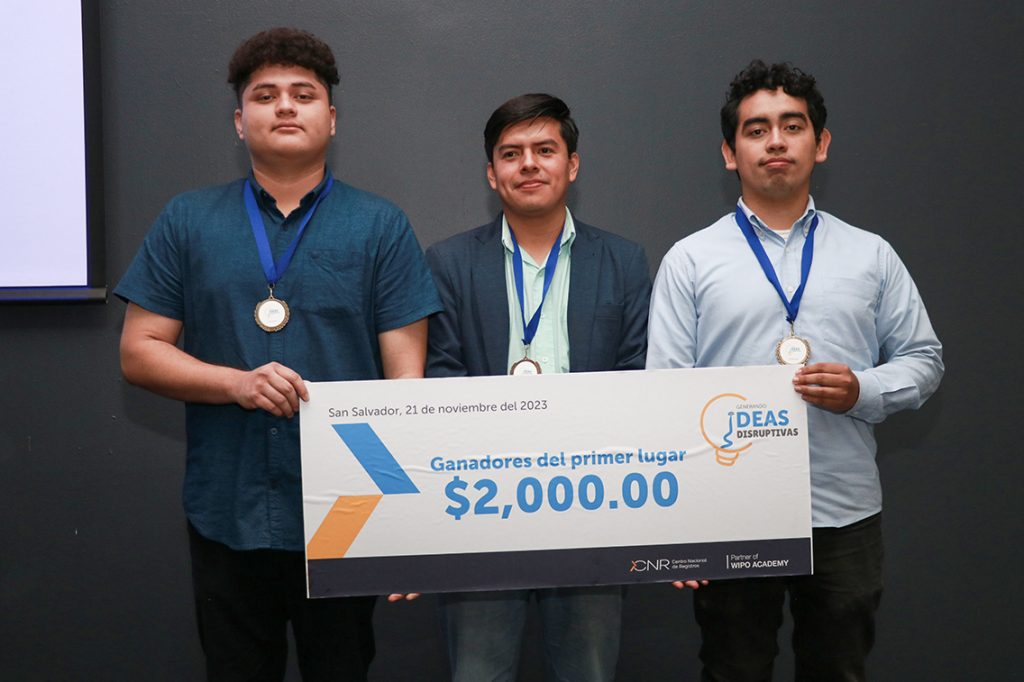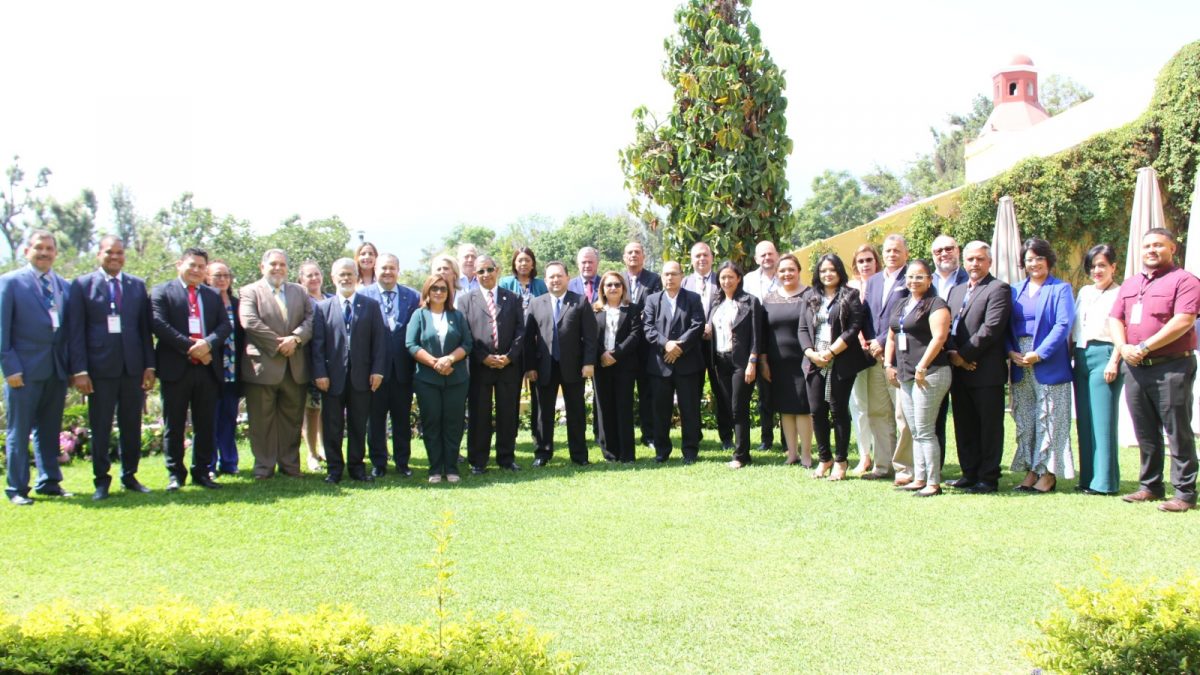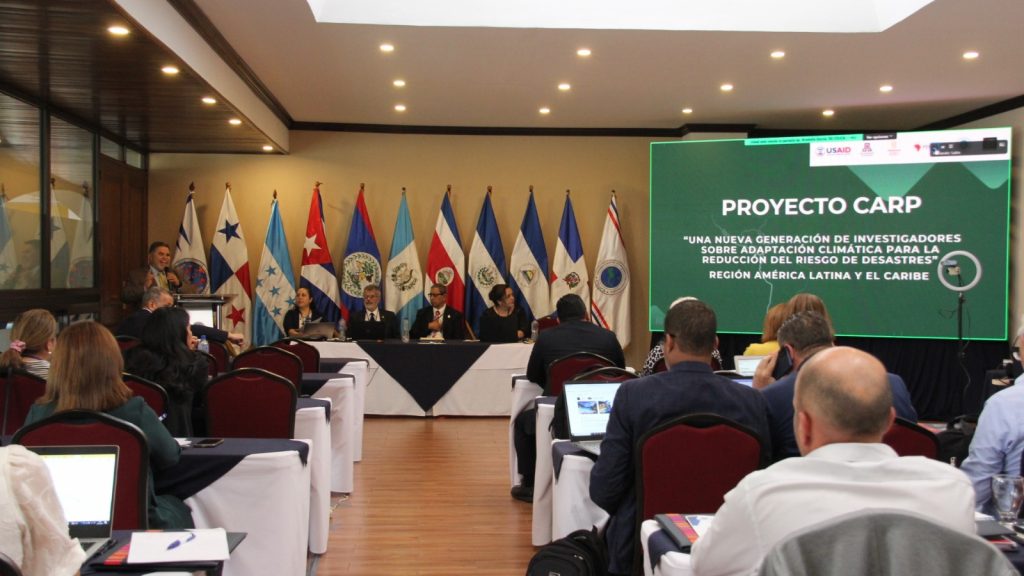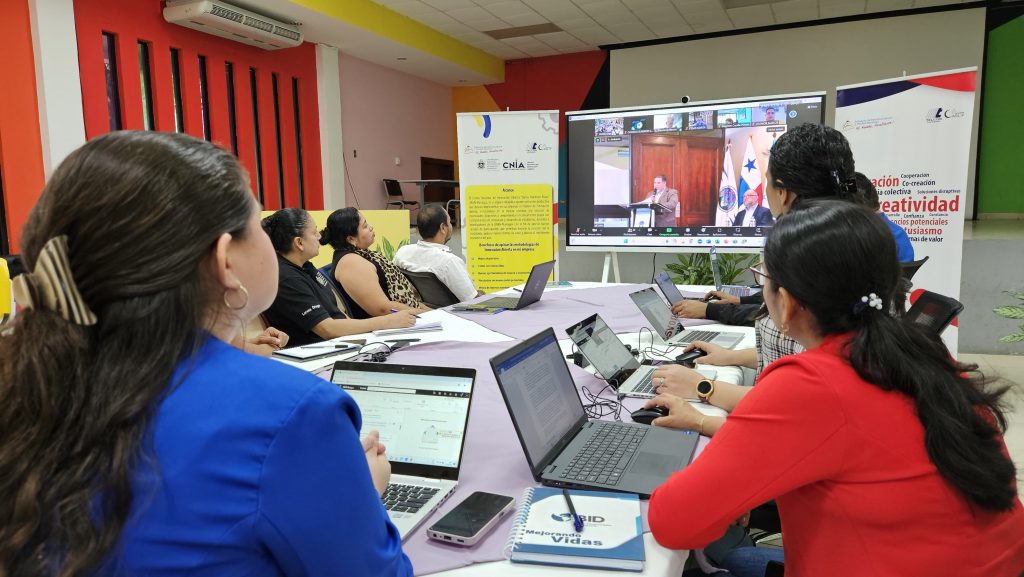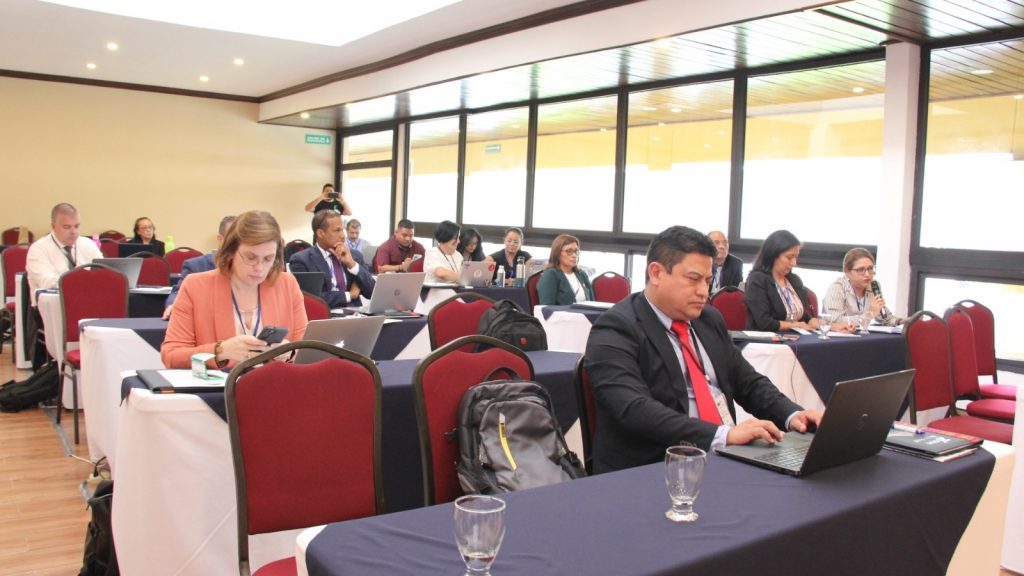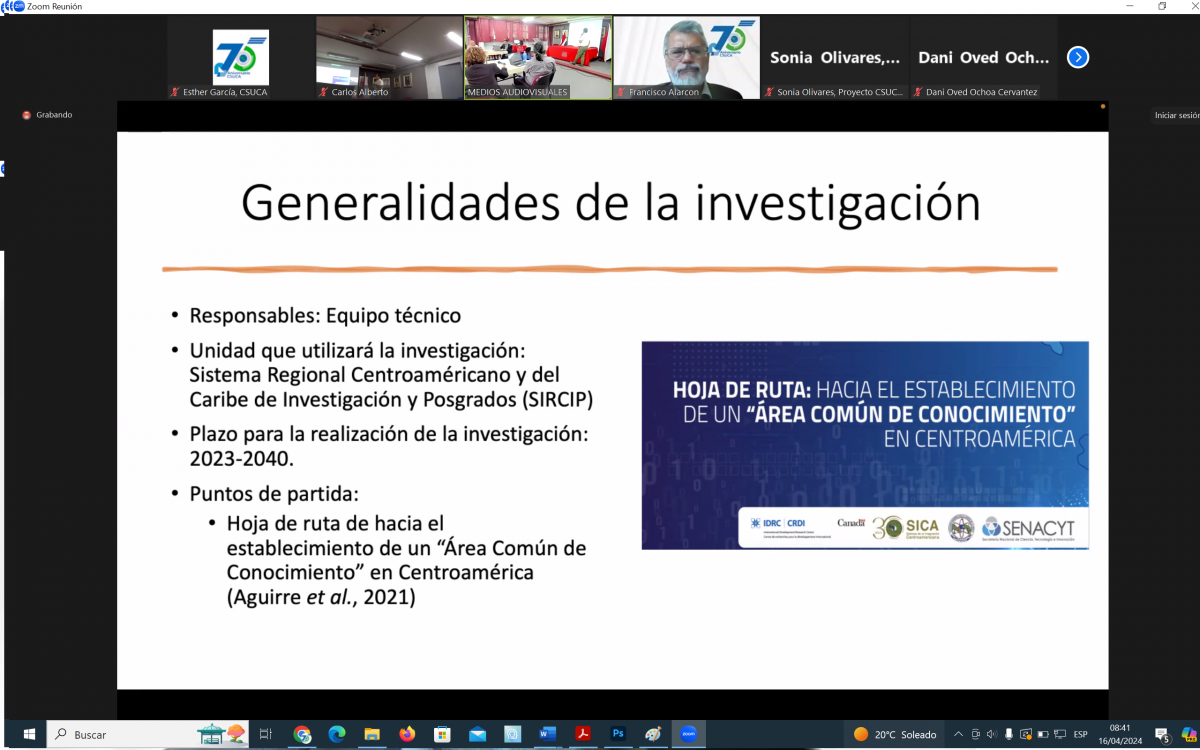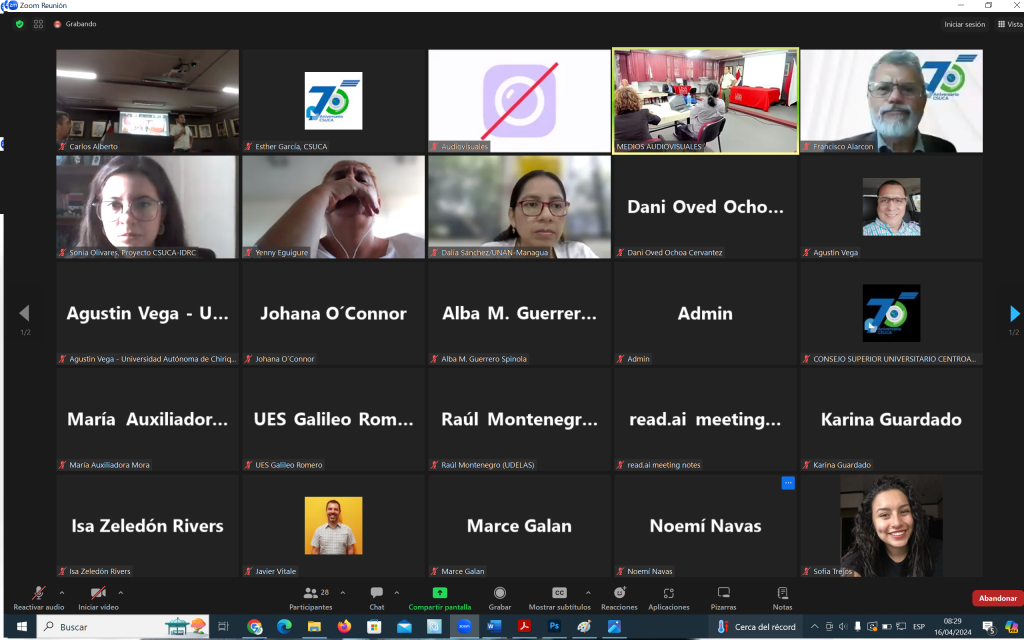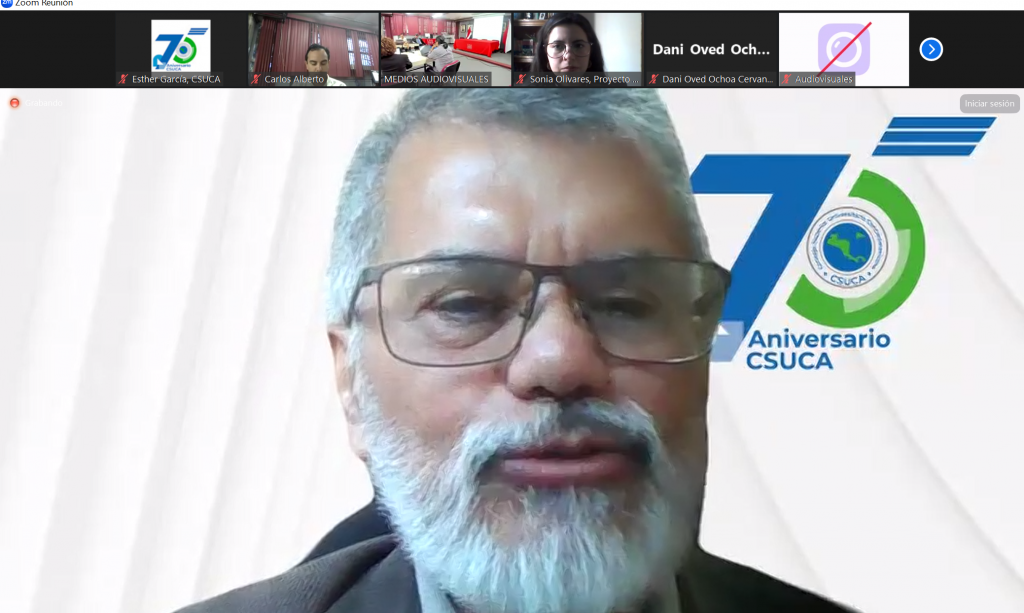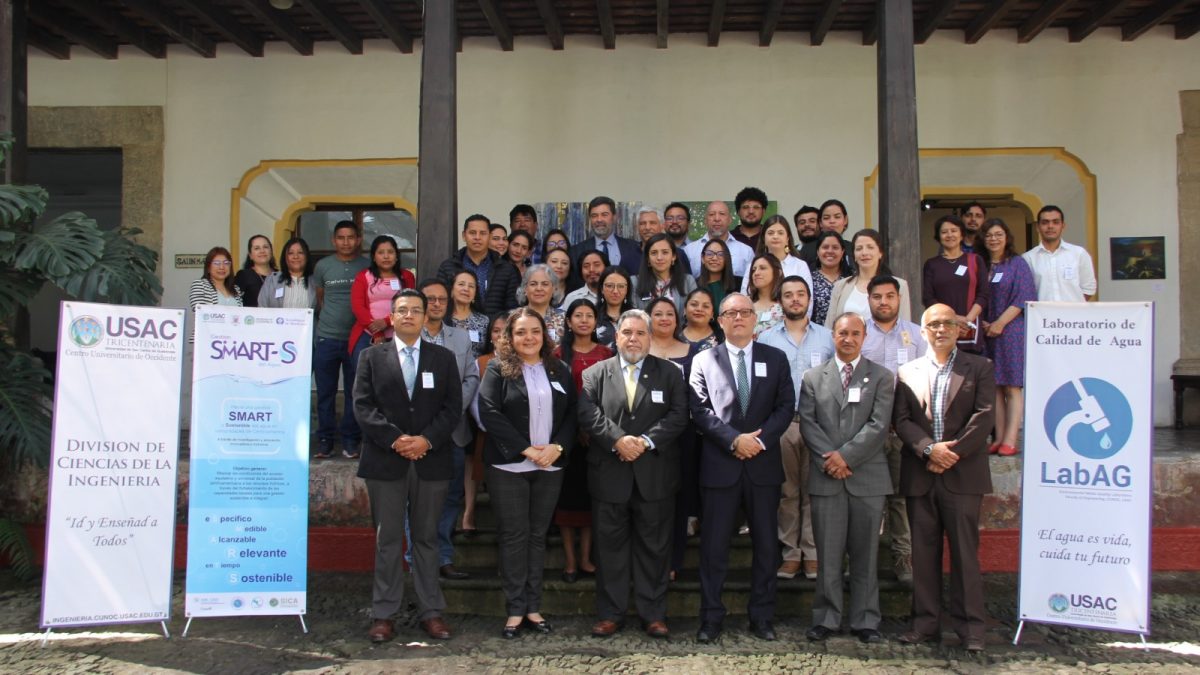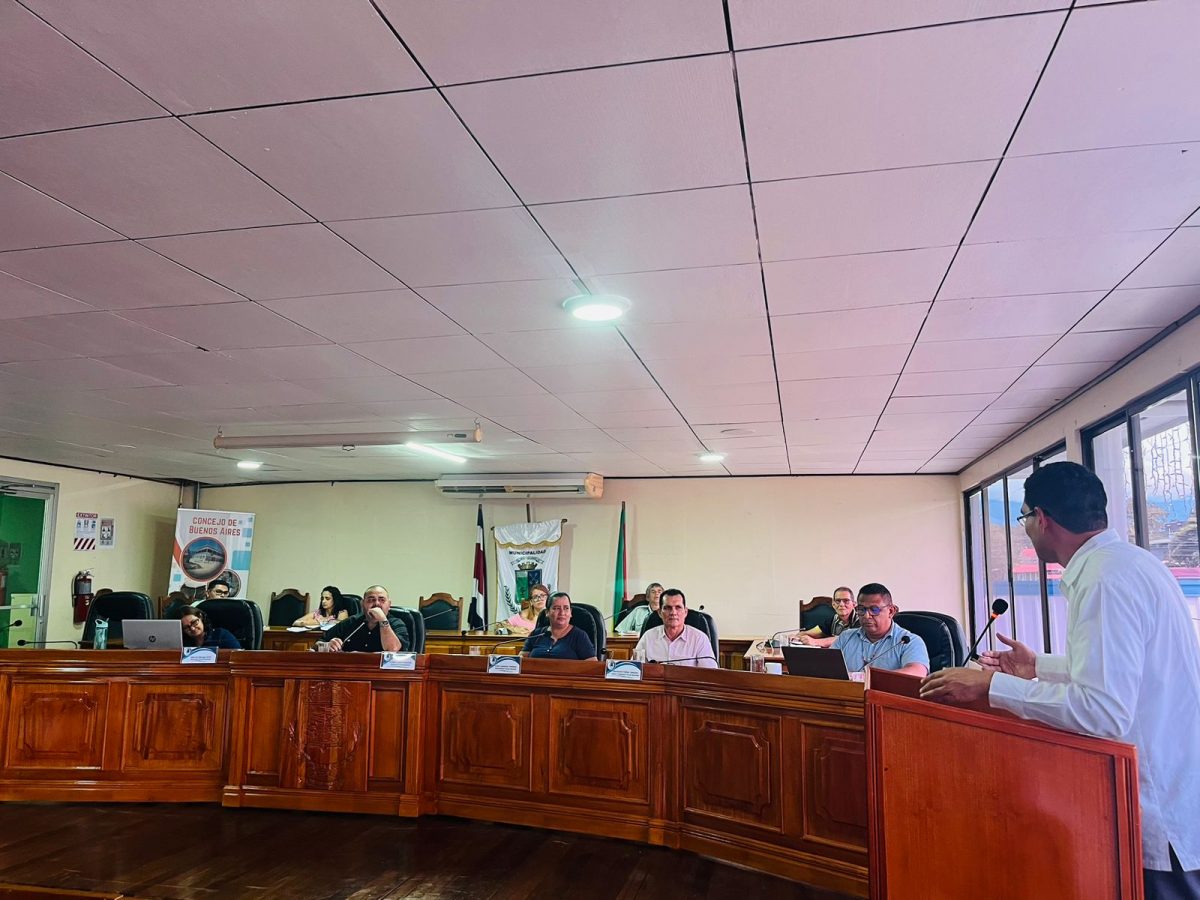Antigua Guatemala, 22 de abril de 2024
Los días 22 y 23 de abril dan lugar al desarrollo de la sexagésimo primera asamblea general y comisión técnica de investigación y posgrado del Sistema Regional Centroamericano y del Caribe de Investigación y Posgrado -SIRCIP-.
El SIRCIP es un órgano de la Confederación Universitaria Centroamericana que fortalece, orienta, apoya, coordina, armoniza e integra la investigación y los estudios de posgrado, con enfoque regional en las universidades miembros del Consejo Superior Universitario Centroamericano -CSUCA- y tiene como fin la gestión de la calidad y armonización académica regional de la investigación y posgrado de las universidades miembros, busca el desarrollo humano sostenible de la región mediante la formación académica y profesional de calidad y el desarrollo de la investigación, la excelencia académica regional orientada por las necesidades de la sociedad, así como, contribuir al desarrollo humano sostenible de la región mediante la investigación, posgrado y la proyección social.
Con la participación de 49 miembros del sistema, se estuvo trabajando en el impulso del programa 2 “Investigación, Ciencia, Tecnología e Innovación para la Integración y el Desarrollo Regional” del Quinto Plan para la Integración de la Educación Superior de Centroamérica y República Dominicana, -PIRESC V-, en la búsqueda de impulsar, implementar y actualizar la agenda regional de investigación, con prioridades para el intercambio y la colaboración científica entre las universidades de la región, promover el fortalecimiento de las capacidades para hacer investigación científica, desarrollo tecnológico e innovación en las universidades de la región, así como impulsar programas de posgrado colaborativos de índole regional, con alcance internacional y promover y facilitar el acceso a la información y resultados de la investigación y al conocimiento producido por las universidades de la región.
En el desarrollo de la primera jornada se presentaron tres conferencias sobre experiencias y buenas prácticas “La incorporación de los estudios de futuro en la agenda de investigación” por Silvina Papagno de la Universidad Nacional de cuyo en Argentina; “Estado de las revistas científicas vía diamante del CSUCA (acceso abierto no comercial): desafíos y recomendaciones” por Andrea Mora Campos de la Universidad Nacional de Costa Rica, presidenta de LA Referencia y representante de la Red Ciencia Abierta del CSUCA; y “El futuro de la educación de posgrado y el impacto de la inteligencia artificial” por Cristian Darío Ortega Yubro de la Universidad del Aconcagua, de Mendoza, Argentina.
Además, de la presentación del informe de la presidencia del SIRCIP por Arturo Rivera, de la UDELAS y el informe de la Secretaría General de CSUCA, por Carlos Alvarado Cerezo, quien informó sobre el desarrollo e implementación de los proyectos “Fortaleciendo Sistemas Inclusivos de Ciencia e Innovación en América Latina a través de una Red Colaborativa” que se ejecuta con recursos de IDRC, así como, el proyecto CARP “Una nueva Generación de investigadores para la reducción del riesgo de desastres y cambio climático” (en su traducción al español) para la región Latinoamérica y El Caribe, financiado por USAID.
Este ha sido un espacio para el intercambio y puesta en marcha, mediante el trabajo en comisiones permanentes por objetivo estratégico del programa 2 del PIRESC V, así como la presentación y discusión de los informes y propuestas por dichas comisiones, así como el trabajo por parte del Consejo Regional de Investigación y el Consejo Regional de Posgrado.
Cabe destacar que, anualmente se realizan dos asambleas generales en el marco del SIRCIP, las cuales permiten el intercambio entre los miembros del sistema, sin embargo, la ejecución del trabajo se encuentra coordinada mediante el trabajo de las comisiones permanentes.
